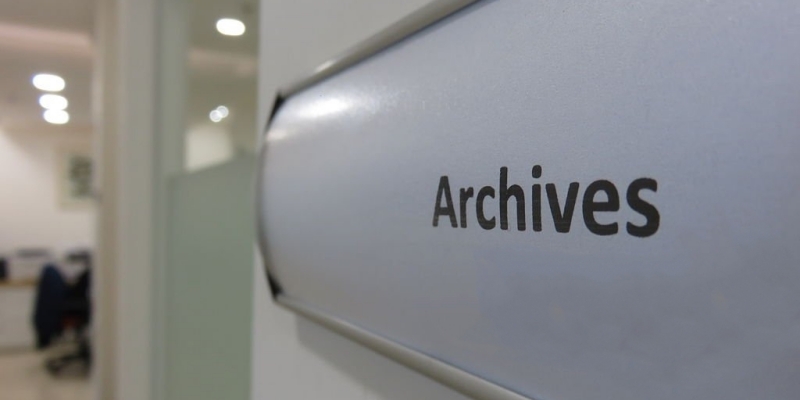History

|
Year & Event |
Historical Description |
|---|---|
|
1867
|
The Audit Office of the Straits Settlements was established by the British colonial government in 1867. This was the year that the Straits Settlements were made a Crown Colony of the British Empire. |
|
1932
|
The Auditor-General’s Offices of the Straits Settlements and the Federated Malay States were merged into a single department, the “Audit Department”. A Singapore Audit Office (later renamed the “Audit Department”) was established under the charge of a Deputy Auditor, who was subordinate to the Auditor-General in Kuala Lumpur. |
|
1959
|
The official standing of the Audit Department was enhanced with the enactment of an Audit Ordinance which formally gave the Director of Audit the legal authority to carry out his duties. |
|
1963
|
In 1963, Malaya, Singapore, Sabah and Sarawak signed the Malaysia Agreement in London to form the Federation of Malaysia. The Singapore Audit Department became a branch of the Malaysian Audit Department under the Auditor-General of Malaysia. |
|
1965
|
Singapore Audit Department came under Singapore Government’s authority after Singapore gained independence. |
|
1966
|
Singapore Parliament passed the Audit Act to re-enact the 1959 Audit Ordinance that lapsed when Singapore became part of Malaysia. The Act stipulated the responsibilities of the Director of Audit and safeguarded the Director of Audit’s terms of service to allow him to carry out his work objectively and autonomously, without fear or favour. |
|
1970
|
The Director of Audit was re-designated Auditor-General in 1970. |
|
1985
|
The Audit Department was renamed the Auditor-General’s Office (AGO) in 1985. |
|
1991
|
The Constitution of the Republic of Singapore was amended to empower the President to veto government’s use of national reserves as well as appointments to vital public sector positions – including that of the Auditor-General. Along with these changes, the terms of appointment and duties of the Auditor-General were also enshrined in the Constitution. The Constitution also imposed on the Auditor-General the additional duty of informing the President of any proposed transaction of the Government which is likely to draw on the reserves of the Government which were not accumulated by the Government during its current term of office. |
|
2017
|
The Audit Act was amended in 2017 to allow the Minister for Finance to direct AGO to conduct "follow-the-dollar" audits. The amendment also provided powers of search and seizure, including within non-government entity premises in relation to "follow-the-dollar" audits. |

